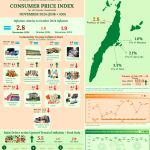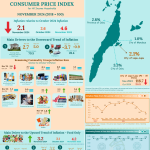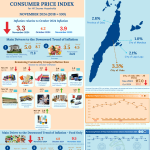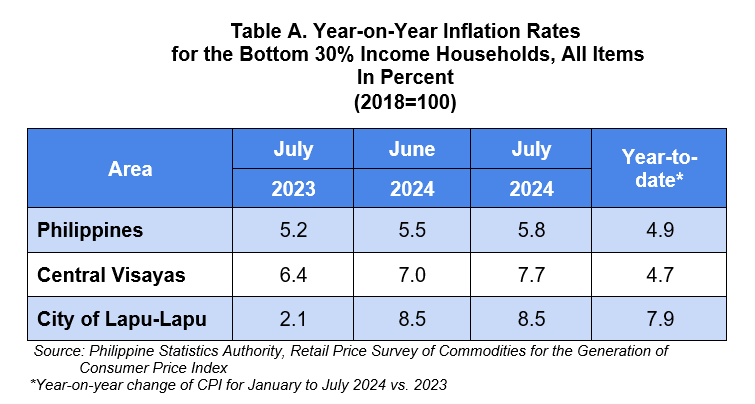
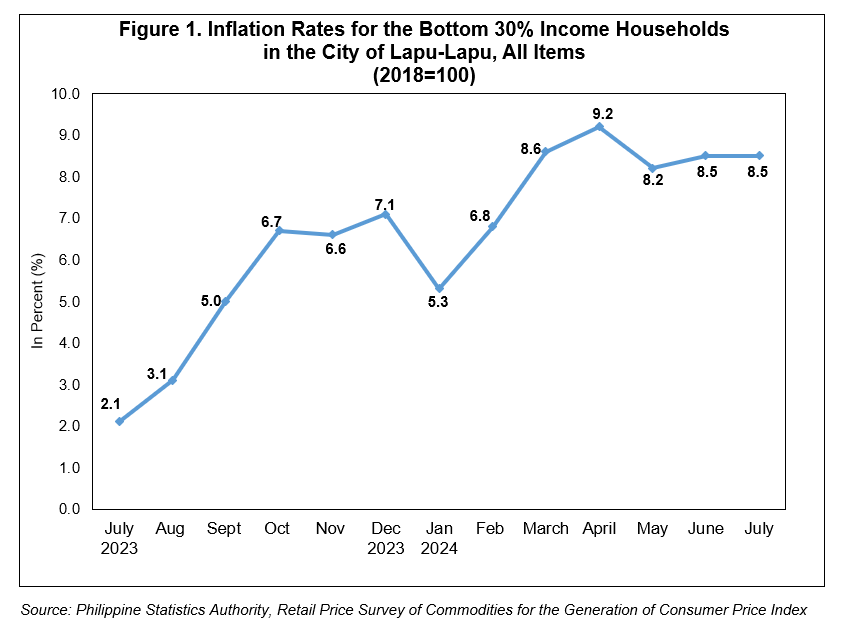
A. The Philippines
The country’s inflation rate for the bottom 30% income households increased to 5.8 percent in July 2024 from 5.5 percent in June 2024. This brings the average inflation for this income group from January to July 2024 to 4.9 percent. In July 2023, inflation rate was posted at 5.2 percent. (Table A)
B. Central Visayas
1. Regional Inflation
Following the trend at the national level, inflation rate for the bottom 30% income households in Central Visayas increased to 7.7 percent in July 2024 from 7.0 percent in June 2024. The region’s average inflation for this income group from January to July 2024 stood at 4.7 percent. In July 2023, the inflation rate in the region was lower which recorded at 6.4 percent. (Table A)
C. City of Lapu-Lapu
1. Headline Inflation
The headline inflation rate for the bottom 30% income households in the City of Lapu-Lapu had remained its previous month’s inflation at 8.5 percent. This brings the city’s average inflation at 7.9 percent from January to July 2024. In July 2023, the inflation rate was lower at 2.1 percent. (Table A and Figure 1)
1.1 Main Contributors to the Headline Inflation
The following commodity groups were the top three contributors to the July 2024 overall inflation for the bottom 30% income households in the City of Lapu-Lapu:
a) Food and non-alcoholic beverages with 36.4 percent share or 3.1 percentage points;
b) Housing, water, electricity, gas and other fuels with 26.3 percent share or 2.2 percentage points; and
c) Restaurants and accommodation services with 22.1 percent share or 1.9 percentage points.
2. Food Inflation
Food inflation rate for the bottom 30% income households in the City of Lapu-Lapu decreased to 6.8 percent in July 2024 from 7.0 percent in June 2024. In July 2023, the food inflation stood at 4.2 percent. (Table 7)
2.1 Main Drivers to the Downtrend of Food Inflation
The downtrend of food inflation were primarily driven by the slower year-on-year increases in the indices of vegetables, tubers, plantains, cooking bananas and pulses at 2.7 percent, milk, other dairy products and eggs at 1.0 percent, and ready-made food and other food products not elsewhere classified at 11.3 percent during the month from their respective food inflation rates at 23.4 percent, 6.7 percent, and 14.1 percent in June 2024. (Table 5)
Moreover, slower annual increments were also noted in the indices of rice at 17.4 percent, and flour, bread, and other bakery products, pasta products and other cereals at 2.7 percent during the month from their respective food inflation rates at 19.8 percent and 3.3 percent in June 2024. (Table 5)
Faster annual decrease was observed in sugar, confectionery and desserts index at 1.0 percent during the month from 0.9 percent annual decline in the previous month.
In contrast, higher inflation rates were recorded in the indices of corn at 20.2 percent from 7.0 percent, and fruits and nuts at 14.4 percent from 10.6 percent in June 2024. (Table 5)
Slower annual decrease was recorded in fish and other seafood index at 6.4 percent during the month from 13.6 percent annual decline in June 2024.
Food groups that retained their previous month’s food inflation rates were meat and other parts of slaughtered land animals at 10.6 percent, and oils and fats at 0.1 percent.
2.2 Main Contributors to the Food Inflation
Food inflation contributed 36.0 percent share or 3.1 percentage points to the July 2024 overall inflation for this particular income group.
Among the food groups, the main contributors to the food inflation during the month were the following:
a. Cereals and cereal products, which includes rice, corn, flour, bread and other bakery products, pasta products, and other cereals with 80.1 percent share or 5.4 percentage points;
b. Meat and other parts of slaughtered land animals with 20.1 percent share or 1.4 percentage points; and
c. Fruits and nuts with 6.6 percent share or 0.4 percentage point.
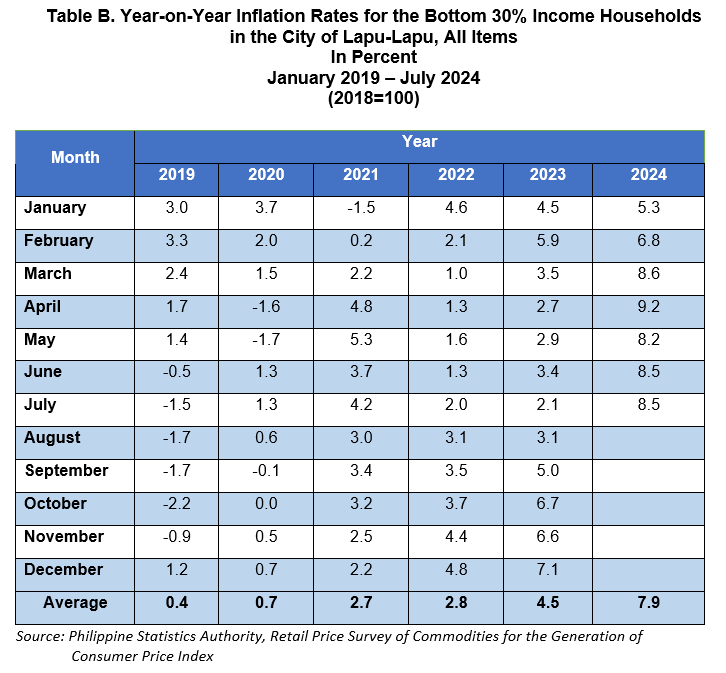
Approved by:
(SGD)MELCHOR B. BAUTISTA
Chief Statistical Specialist
KST/MLA


